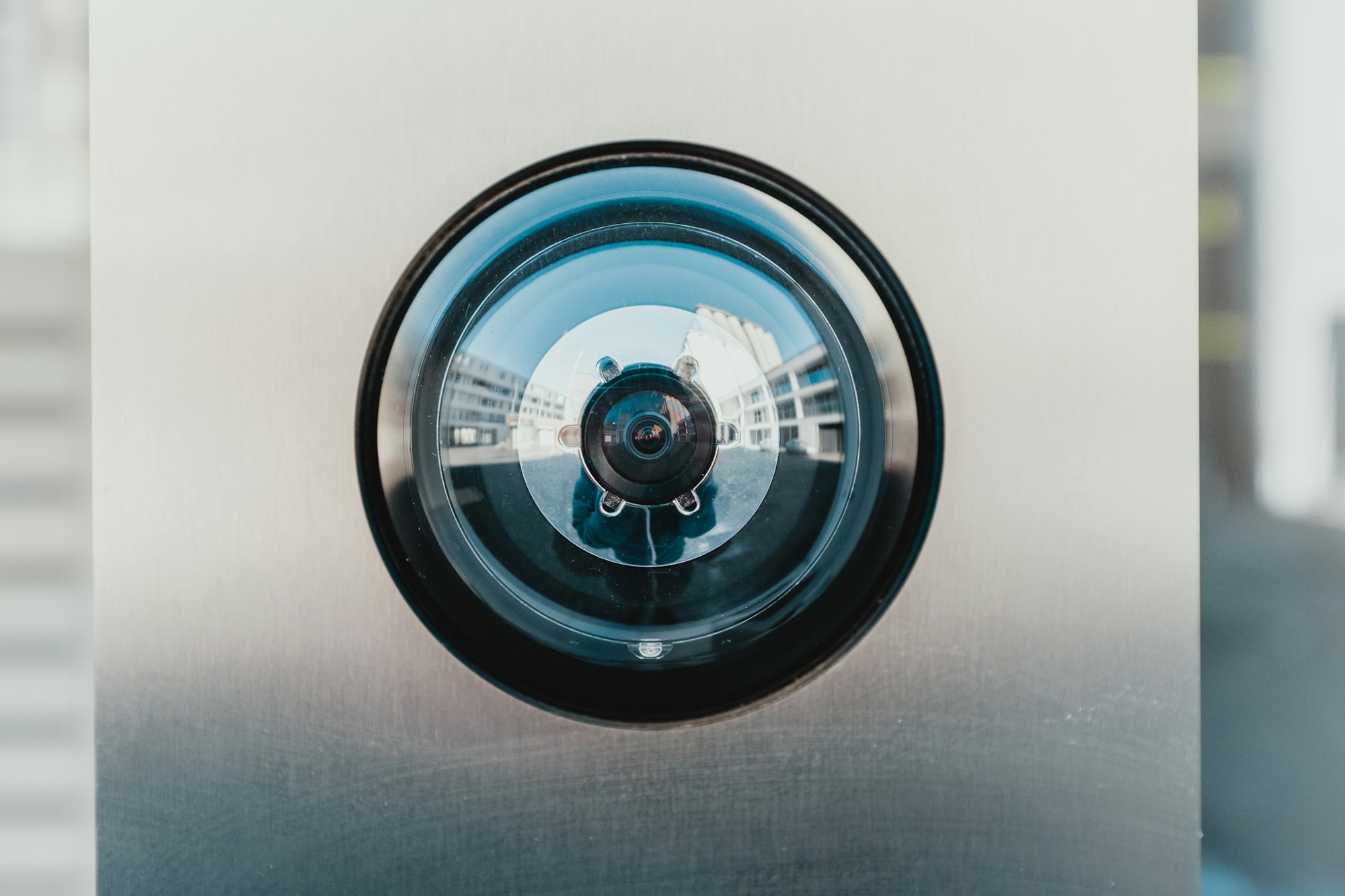How Can VPNs Protect Online Activity From Your ISP?

Virtual Private Networks (VPNs) have become an essential tool for people who value their online privacy and security. With the increasing threat of cyber attacks and government surveillance, more and more individuals are turning to VPNs to protect their online activity. But have you ever stopped to think about how VPNs communicate with your Internet Service Provider (ISP)?
By establishing an encrypted tunnel (a link between your computer/mobile device and an outside network) between your device and a remote server, VPNs keep your online activity private from prying eyes, including your ISP. But, not all VPNs are created equal and some ISPs may try to restrict your VPN usage. In this article, we dive into the fascinating world of VPNs and how they communicate with your ISP to protect your online privacy and security.
Key Points
A VPN encrypts your internet traffic and hides your IP address, making it difficult for your ISP to track your online activities.
By routing your internet traffic through a remote server, a VPN masks your online identity and location, preventing your ISP from monitoring your browsing history.
With a VPN, your ISP can only see that you are connected to a VPN server, but cannot decipher the actual websites or apps that you are accessing.
The Key to VPN Privacy
A VPN creates a secure, encrypted tunnel between your device and a remote server. This encrypted connection ensures that your online activity is protected from prying eyes, including your ISP.
Without a VPN, your device sends and receives data directly to and from websites, online services, and other devices on the internet. Your ISP can see all of your online activity, including the websites you visit, the content you access, and the data you exchange.
With a VPN, however, your device sends and receives data through a VPN server instead of directly to and from the internet. The VPN server encrypts your data, making it unreadable to anyone who intercepts it, including your ISP. When your data reaches the VPN server, it is then decrypted and sent on to its final destination on the internet.
How Your ISP Can Limit Your VPN Usage
Imagine you're at home, connected to your Virtual Private Network (VPN), feeling secure in the knowledge that your online activity is protected from prying eyes, including your Internet Service Provider (ISP). But wait, what's happening? Your connection is slow, unresponsive, and almost unusable. It turns out, your ISP is blocking or throttling your VPN connection, making it difficult for you to enjoy the privacy and security benefits that VPNs provide.
Unfortunately, this scenario is a reality for many VPN users. Some ISPs may actively block VPN traffic or throttle VPN connections, making them less effective and undermining their privacy and security benefits. In some countries, laws even require ISPs to monitor and log all internet traffic, making it difficult to use a VPN to maintain privacy. With these restrictions in place, it's important to choose a VPN provider that can effectively bypass your ISP's limitations and ensure a secure, private connection. Stay informed and choose a VPN provider that can effectively bypass ISP restrictions and protect your online activity.
ISP Bypass
A VPN can bypass an ISP's internet tracking by encrypting a user's internet traffic and routing it through a private server. This means that the ISP can only see that the user is connected to the VPN server, but cannot see the user's internet activity beyond that. This effectively prevents the ISP from tracking the user's internet usage, including the websites they visit and the services they use.
AstroVPN takes this a step further by using DNS-over-HTTPS (DoH) to encrypt DNS requests made by the user's device. This ensures that no one, including the ISP or other third parties, can intercept and view the content of the user's DNS requests or the domains they are accessing. As a result, AstroVPN is able to offer a no-logs policy, meaning that it does not store any information about the user's internet activity, providing an additional layer of privacy and security for users.
In conclusion, VPNs communicate with your ISP by creating a secure, encrypted tunnel between your device and a remote server. This allows you to browse the web and access online content without having your ISP monitor your online activity.
However, it's important to be aware of the limitations and laws surrounding VPN use, as well as the ways that your ISP may try to restrict your VPN usage. By understanding how VPNs communicate with your ISP, you can better protect your online privacy and security.

